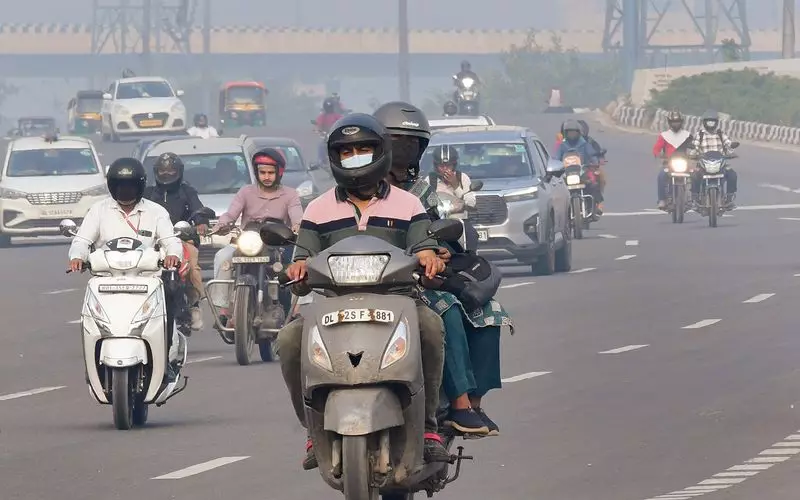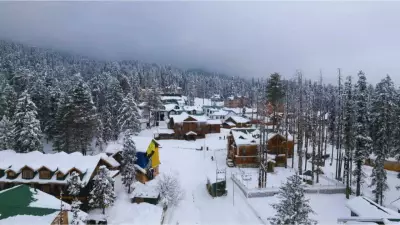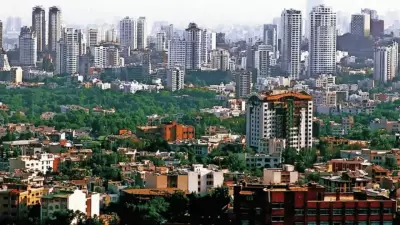
Delhi residents woke up to an unusually cold November morning as the capital recorded its lowest temperature in three years, sending shivers across the city and signaling an early onset of winter conditions.
Record-Breaking Cold Grips National Capital
The Safdarjung Observatory, which serves as Delhi's primary weather station, registered a chilling 8.7 degrees Celsius on Wednesday morning, making it the coldest November day the city has experienced since 2019. This significant temperature drop represents a dramatic shift from the previous day's minimum of 10.5 degrees Celsius, indicating a rapid cooling trend.
Meteorological data reveals that this year's November cold has surpassed recent years' patterns, with the India Meteorological Department (IMD) confirming this as the coldest November morning in three years. The sudden dip has taken many residents by surprise, particularly those accustomed to milder November weather.
Weather Patterns and Meteorological Analysis
According to weather scientists, multiple factors contributed to this sharp temperature decline. The absence of cloud cover during night hours allowed maximum heat radiation from the earth's surface, while light northerly winds brought cooler air from the Himalayan regions. These conditions created ideal circumstances for the mercury to plummet unexpectedly.
The IMD has attributed this early winter bite to specific atmospheric conditions that typically emerge later in the season. A senior IMD official explained that the current weather pattern resembles conditions usually seen in late December or early January, suggesting that Delhi might be in for a harsher winter than anticipated.
Regional Variations and Future Predictions
Temperature variations across Delhi showed interesting patterns, with Palam recording 9.8 degrees Celsius, Ayanagar at 9.2 degrees Celsius, and Lodhi Road at 9.6 degrees Celsius. The Ridge area experienced slightly warmer conditions at 10.2 degrees Celsius, demonstrating how microclimates within the city respond differently to weather systems.
Weather models indicate that cold wave conditions are likely to intensify over the coming days, with the IMD forecasting minimum temperatures to hover between 8 and 10 degrees Celsius for the remainder of the week. The department has also issued alerts for dense fog in morning hours, which could affect visibility and transportation systems.
The early arrival of such cold weather has raised concerns among health authorities, who warn that vulnerable populations, including children and elderly residents, should take necessary precautions. Doctors recommend wearing warm clothing, maintaining hydration, and avoiding early morning exposure to the cold whenever possible.
As Delhi braces for what appears to be an extended cold spell, municipal authorities have begun preparations for managing the impacts on the city's infrastructure and residents. The record-breaking temperature serves as a clear indication that winter has arrived early and with greater intensity than in recent years.





